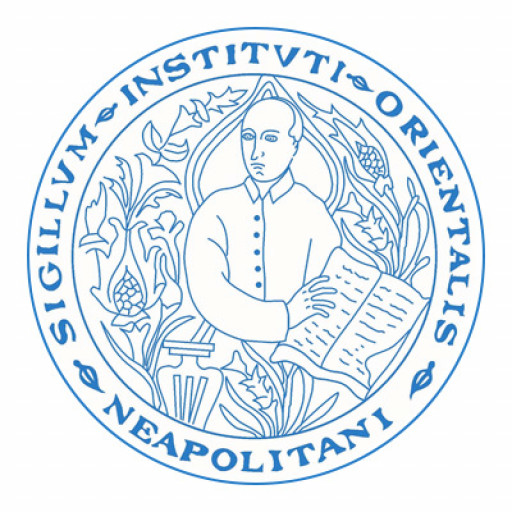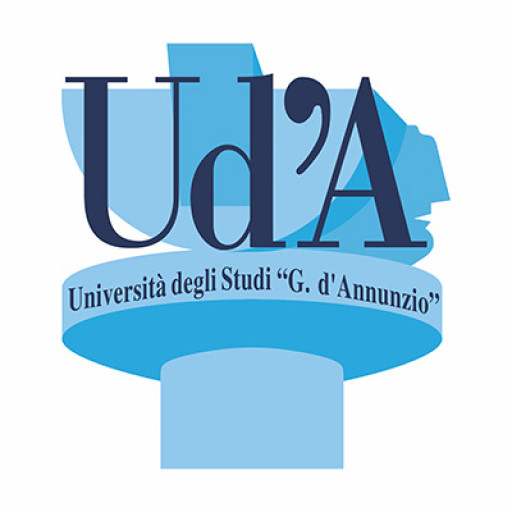Photos of university / #latrobeuni
This 120-credit point class develops skills necessary for working in commercial archaeology and heritage management. It provides hands on learning archaeological survey and excavation techniques, legacy regulation, Aboriginal and historical archaeology and business abilities. Many areas are taught in block style and off campus. The path could serve as a pathway into the Masters level.
The Bachelor of Archaeology at La Trobe University offers students a comprehensive introduction to the study of human history through material remains and cultural artifacts. This undergraduate program is designed to equip students with a broad understanding of archaeological methods, theories, and practices essential for interpreting past human societies. Throughout the course, students will explore a wide range of topics including prehistoric archaeology, historical archaeology, archaeological science, and cultural heritage management. The program emphasizes both theoretical knowledge and practical skills, providing opportunities for fieldwork, laboratory analysis, and digital archaeological techniques. Students will learn how to conduct archaeological surveys, excavations, and artifact analysis, preparing them for careers in cultural resource management, museums, research institutions, and archaeological consultancy services. The curriculum integrates interdisciplinary approaches, drawing from history, anthropology, geology, and environmental studies to offer a well-rounded perspective on archaeological research. Additionally, students will develop critical thinking, research, and communication skills essential for documenting findings and presenting them to academic, professional, and public audiences. Practical placements and partnerships with industry professionals are incorporated into the program to provide real-world experience and networking opportunities. Graduates of the Bachelor of Archaeology will be equipped to contribute to the conservation of cultural heritage, participate in archaeological excavations both locally and internationally, and pursue postgraduate studies in archaeology or related disciplines. La Trobe’s state-of-the-art facilities and expert faculty support a dynamic learning environment that fosters innovation and analytical thinking. This program is ideal for students passionate about uncovering human history, preserving cultural heritage, and engaging in research that deepens our understanding of past civilizations.
- The minimum entry requirement of a Graduate Diploma works conclusion of an Australian Bachelor degree (or its equivalent)
- Before learning developed by relevant work experience or professional accreditation, where it is deemed to be at least equivalent to that obtained through a Bachelor degree, could be considered. In creating an offer for an offender, the University can pay attention to a range of factors, including academic record, English proficiency, or employment expertise
- NB: Collecting minimal prerequisites will not guarantee that an offer of a place. Entry in to all La Trobe classes is based on competitive selection and there may be limited places available.
The Bachelor of Archaeology at La Trobe University offers a range of financing options to support students throughout their studies. Domestic students are eligible for government-supported financial assistance, including Commonwealth Supported Places (CSP), which significantly reduce the tuition fees for eligible students, making higher education more accessible and affordable. Additionally, students can apply for government loans such as the HECS-HELP scheme, which allows students to defer payment of their tuition fees until they are earning a sufficient income after graduation. These options provide financial flexibility and lessen the immediate burden of tuition costs, enabling students to focus on their academic and practical training in archaeology.
La Trobe University also offers a variety of scholarships to both domestic and international students. These scholarships recognize academic achievement, support students from diverse backgrounds, and sometimes target specific fields of study, including archaeology and related disciplines. Examples include undergraduate scholarships that offer fee offsets or monetary grants, which can substantially reduce the costs associated with university education. The university's scholarship program is competitive and requires application, with criteria based on academic performance, financial need, or other factors.
For international students, the university provides tailored financial guidance and various scholarship opportunities designed to assist with tuition fees and living expenses. International students are also advised to consider external funding sources, sponsorships, and educational loans available in their home countries or through international financial institutions. La Trobe University has partnerships with organizations that can provide sponsorship or financial aid, further supporting international student enrollment.
Apart from scholarships and government schemes, students might explore part-time work opportunities available on or near campus, which can help cover daily expenses and reduce reliance on loans. The university’s career services provide support in finding part-time employment, internships, and other work experience opportunities relevant to archaeology and related fields.
Financial planning is an important aspect of undertaking higher education, and La Trobe University encourages prospective students to consult the university's financial aid office or the official website for comprehensive, up-to-date information about available funding options, application deadlines, and eligibility criteria. Students are advised to carefully consider their financial circumstances and explore all available resources to fund their studies effectively.
The Bachelor of Professional Archaeology at La Trobe University is a comprehensive undergraduate program designed to equip students with foundational and advanced skills in archaeological research, fieldwork, and analysis. This degree aims to prepare graduates for careers in cultural heritage management, archaeological consultancy, museum curation, and academic research. The curriculum integrates theoretical knowledge with practical application, ensuring students develop a deep understanding of archaeological methods, history, and conservation techniques.
Students in this program have opportunities to engage in supervised field excavations, laboratory analysis, and heritage assessments, providing hands-on experience that is highly valued in the archaeological community. The program covers a diverse range of topics, including ancient civilizations, archaeological ethics, data management, and digital technologies used in archaeological documentation. Emphasis is placed on developing critical thinking, research skills, and effective communication to interpret archaeological findings and present their significance to various audiences.
La Trobe University also promotes interdisciplinary learning, encouraging students to explore related fields such as anthropology, history, and environmental science, enriching their understanding of human cultures and past environments. The program is facilitated by experienced faculty members who are active researchers and practitioners in the field of archaeology, offering mentorship and industry connections to students.
Graduates of the Bachelor of Professional Archaeology are well-prepared for employment in archaeological agencies, government heritage departments, and private consultancy firms. They may also choose to pursue postgraduate studies for specialization or academic careers. The university’s commitment to research-led teaching and practical experience ensures that students graduate with the skills necessary to contribute to the preservation and understanding of cultural heritage, both nationally and internationally. The program emphasizes ethical archaeological practice, cultural sensitivity, and sustainable heritage management, aligning with global standards and best practices in the field of archaeology.






